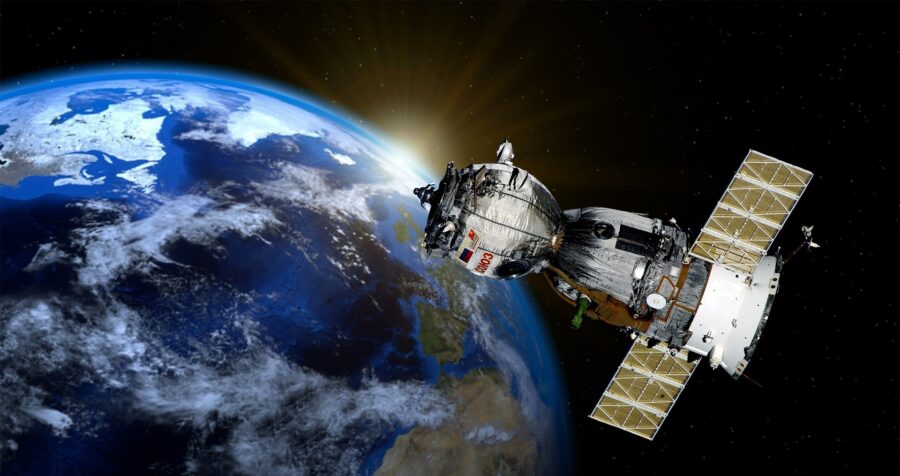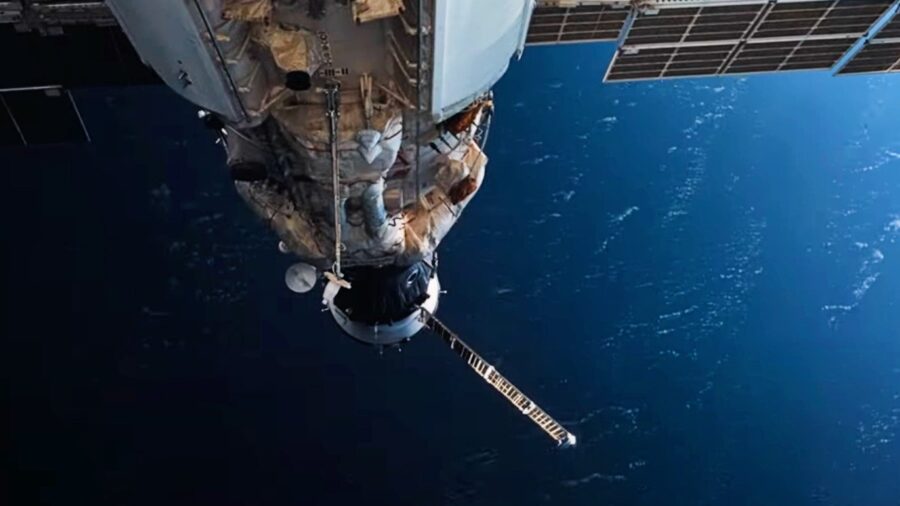North Korea Satellite Launch Ends In Complete Failure
North Korea's attempts to launch a spy satellite into orbit has failed.

With everything going on in 2023 it’s crazy to think that a country wouldn’t be able to achieve the same thing Russia was able to do in 1957, and yet, here we are. Despite the launch of Sputnik taking place over 65 years ago, North Korea is still struggling to launch a viable satellite into space. As The Guardian reports, North Korea recently attempted to send its first spy satellite into the exosphere yesterday with disastrous results.
The satellite malfunctioned during the launch’s second stage sending the projectile plummeting into the ocean. North Korea’s satellite failure caused South Korea and parts of Japan to issue emergency warnings. South Korea’s capital Seoul even briefly issued a warning to evacuate before later admitting it was issued in error.
The Chollima-1 satellite failed to launch due to a problem with the propulsion rocket’s engine and fuel system. The attempted launch marked the sixth time North Korea has attempted to put a satellite in the sky and have it stay there. The country perfected the flying-pieces-of-metal-going-up-and-then-plunging-into-the-ocean thing a long time ago.
North Korea no doubt sees this satellite failure as a setback in Kim Jong-Un’s plans to boost the country’s military capabilities amidst rising tensions with its southern half as well as the USA. Despite the suspiciously quick admission of failure, North Korean officials promised to try again and launch a spy satellite as soon as possible. There is currently no reason to expect the next launch attempt to be any more successful than the preceding six.
South Korea’s military claimed to have salvaged an object presumed to be a part of the crashed rocket in the ocean 124 miles west of the Island of Eocheongdo. South Korea’s defense ministry released pictures of the object described as a white metal cylinder. The country’s Joint Chiefs of Staff had detected the attempted launch from the North Pyongan province in North Korea earlier in the day.
Leif-Eric Easley, a professor at Ewha University in Seoul, said it was “impressive” that North Korea would actually admit their satellite launch failed but admitted that it “would be difficult” to hide the fact that a satellite was launched unsuccessfully from all the other countries with functioning spy satellites. The professor suggested that Kim Jong-Un would most likely offer a different account of events to his own people and warned that the failed launch may prompt North Korea to “stage another provocation soon,” at least partly to make up for the setback.

The US “strongly condemned” Wednesday’s failed launch and said that the would-be North Korean Satellite contained technologies “directly related” to the regime’s missile program. National Security Council spokesman Adam Hodge said the launch risked “destabilizing the security situation in the region and beyond.”
Japan’s foreign ministry said that the US, Japan, and South Korea would remain on high alert following a phone call between the three countries. UN secretary general Antonio Guterres also criticized North Korea over their satellite launch, saying that the use of ballistic missile technology to launch the failed satellite ran contrary to UN security council resolutions.
North Korea announced that it plans to have what it called a “military reconnaissance satellite No. 1” before June 11.












